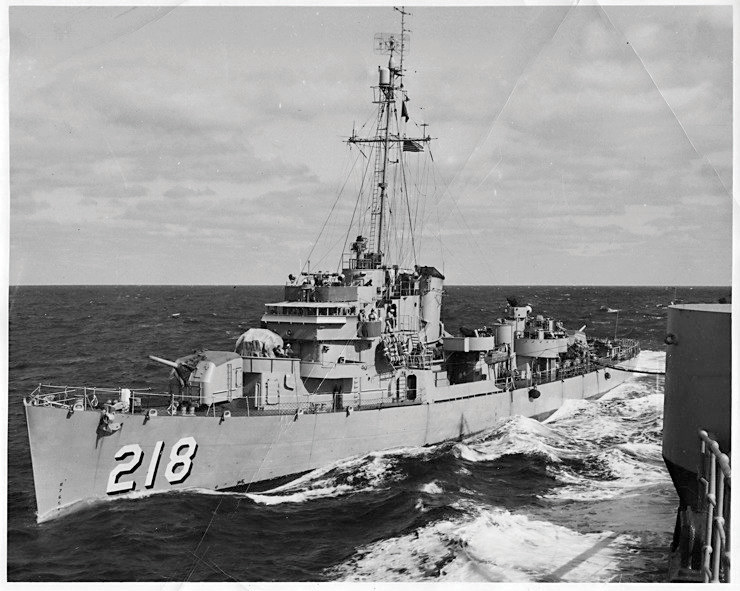Life Sketches by Terry Berkson
The Ritz Crossing

In late November of 1965 my dad, in his yellow taxi cab, ferried me and my duffle bag down to the Brooklyn Army Terminal where I would board the USS Darby bound for Bremerhaven, Germany. Several other soldiers who had also gone to Preventive Medicine School were among the 1,400 troops that were about to cross the Atlantic. The water was calm for the first few days but, in spite of the smooth going, this guy, Harris, had already turned green. In fact, he looked seasick as soon as we set sail.
It wasn’t that large a ship so we were like sardines packed in the hold. Our duffle bags were stacked like cord wood, preventing access to soap, tooth paste, fresh socks and underwear. After a while our quarters began to smell like dirty laundry. Then the seas got rough and the ship was pitching and rolling around so that you had to hold on to the frame of your bunk or else you’d wind up on the floor.
Luckily, I was feeling okay because an old salt on a fishing boat out of Coney Island had once told me that to avoid sea sickness on an empty stomach, he always kept a box of Ritz crackers on hand. Wisely, I took his advice. Harris was in the bunk across from me and hadn’t uttered a word for days. He looked greener than ever and, as the ship would rise on a swell, I would heartlessly announce, “Here we go Harris, up, up, up!” Then, at the top of the wave, I’d sing, “Down, down, down!” If looks could kill, in Harris’ eyes I was a dead man.
In spite of the high seas, several of us tried to stay on deck out in the fresh air as much as we could. There was Lawrence from Maine, De Luca and Golda from New Jersey, and Babington from the Bronx. Somehow, we got hold of a spicy piece of pulp fiction and for laughs took turns reading and rewriting the lines out loud. There was ocean as far as you could see, and though the ship moved along at 25 knots an hour day after day, it never ran out of water. The Atlantic seemed incredibly wide.
Eventually, the ship’s tossing made a lot of guys very sick. They were hanging over the rail and blowing their cookies or lying on the floor of the latrine looking like they were ready to die. The smell of vomit was everywhere. Nobody seemed to be going to chow any more. Up until then I was holding my own, but the box of Ritz crackers was running low. Harris remained in his bunk most of the time, his mouth tightly closed, not uttering a word.
I no longer gave him an account of the ship’s tossing. Predictably, I ran out of crackers and within a few hours was as sick as a dog. When I didn’t show up on deck to take part in the pulp readings, Babington came down to find me prostrate and hugging the empty cracker box. He offered a swig from his bottle of brandy and swore it was keeping him from getting sick. I declined with a moan while a green and tight-lipped Harris looked on from his bunk.
As a distraction, Babington convinced me to see a movie that was being screened. It was called “The Yellow Rolls Royce,” and its theme song was ominously called “Let’s Forget about Tomorrow.” For the next few days I thought I was going to die. I had nothing to throw up any more but, like many others, I still kept heaving.
Ironically, I learned that this was the last troop ship to Germany. From then on soldiers would be flown to Europe.
Finally, we reached Bremerhaven and boarded a train headed south to Ludwigsburg. It took a month for my stomach to straighten out. Harris got his revenge. He never got sick. The worst he got was green. Recently, I was happy to read that in 1970 the USS Darby was sunk while being used for target practice.

